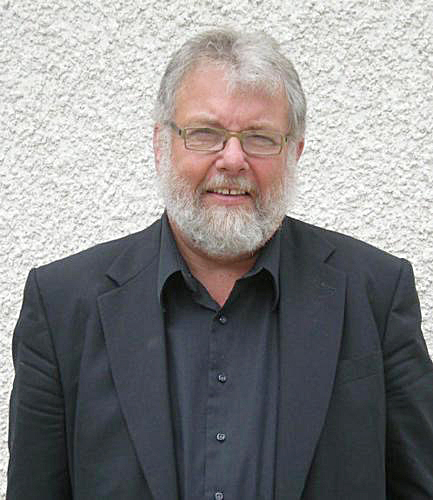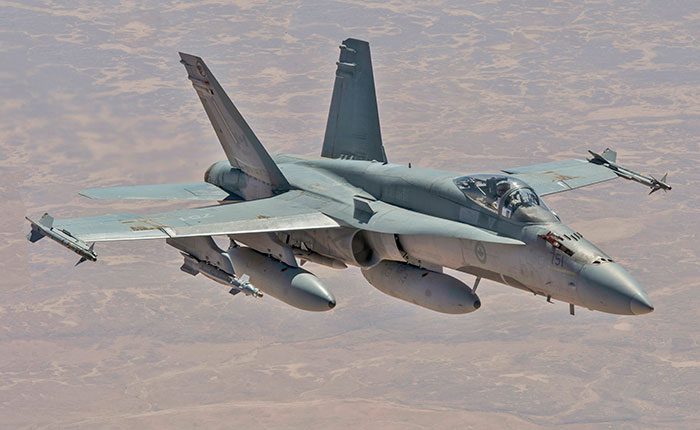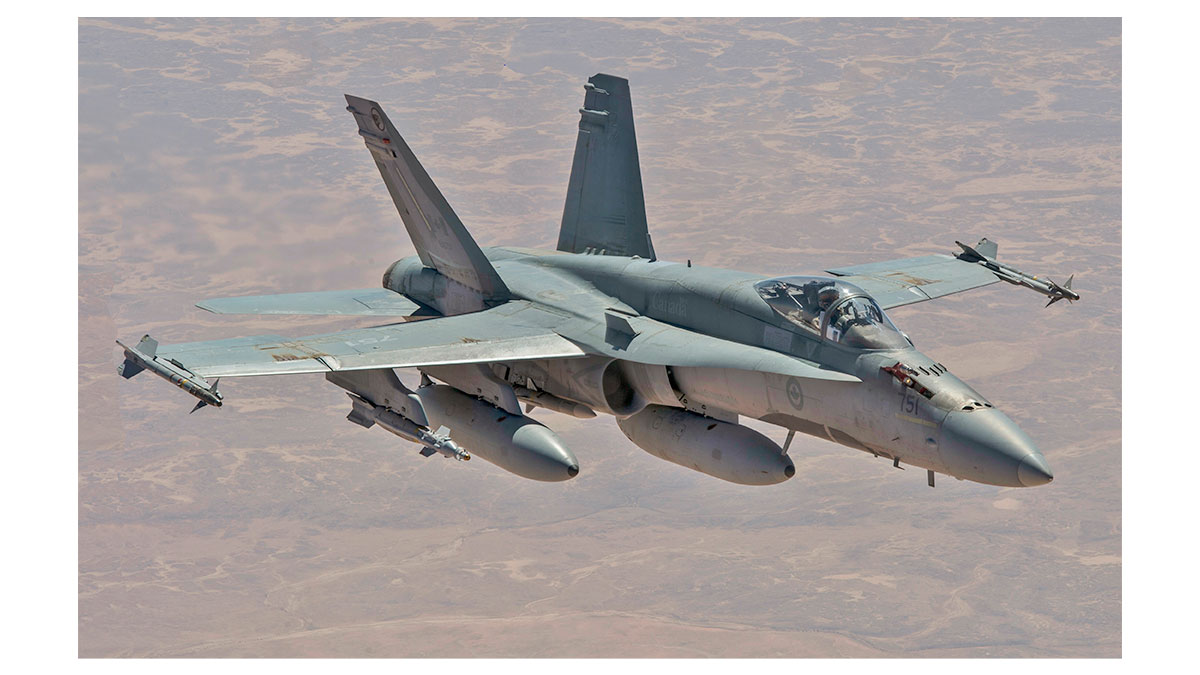
Reminiscences of a political life
The Russian invasion of Ukraine has sparked a new discussion about Canadian defence spending. There is widespread acknowledgement of the fact that for decades both Liberal and Conservative governments have failed to meet Canada’s NATO obligations to spend at least 2 per cent of their GNP on defence. Furthermore, neither have come even close to solving the quicksand and quagmire of military procurement in this country. Decisions on new equipment take years more than they should, and executing the decisions also takes way more time than it should. In the meantime, the cost of everything increases.
The prolonged lack of action on deciding the replacement for the CF-18 fighter jets is a good example of what I am referring to, a process that has already been longer by a few years than the duration of the Second World War. Not to mention that the CF-18 itself was a major political controversy that changed the politics of the country for a long time, providing as it did one of the issues that was a catalyst for the creation of the Reform Party in 1987.

The length of time it took to replace the aging Sea King helicopters, or to replace the Oberon class submarines also comes to mind. In the latter case, Canada ended up buying troublesome used British submarines, a deal that included the ill-fated HMCS Chicoutimi aboard which there was a fire in 2004 that killed one Canadian submariner and injured others. At the time I was on the Standing Committee on National Defence, and successfully moved a motion to have the committee look into the purchase of the British subs. Part of the study included a tour of the Chicoutimi’s sister boat the HMCS Windsor, which was docked in Halifax.
I can say for certain that submarines are not designed for 6’ 6” sailors, but nevertheless the Windsor crew did include one person that tall, and he was happy serving as a submariner. I had a roomier naval experience in 1995 when as a Winnipeg MP I was invited to participate in the launch of the then new frigate the HMCS Winnipeg at HMCS Esquimalt. My father, who had served in the Royal Canadian Navy in World War Two, was my guest. It was a truly memorable moment to sail the Strait of Juan de Fuca, standing on the bow of the ship with my dad.
In any event, too often military procurement is politicized, either by governments making questionable decisions because of regional or other political considerations, or by the official opposition attacking what they know to be basically sound decisions, because it suits their political strategy to do so, claiming that if they were in charge, they would get more for less. In the meantime, the cost of replacing whatever needs to be replaced continues to increase in cost.
Defence spending and defence policy and procurement have always been a source of controversy in Canada. The Ross rifle was controversial in World War One. Both world wars saw conflict about conscription. In 1963 John Diefenbaker’s last government imploded over the issue of nuclear-tipped Bomarc missiles. The Pearson Liberals brought in a plan to unify the three branches of the armed forces. I was in the army reserve at the time and remember how reviled then Defence Minister Paul Hellyer was. It was an issue that was still alive in 2006, when the Harper government set out to undo the provisions that had eliminated distinctive uniforms. The last years of Pierre Trudeau’s time as Prime Minister saw unprecedented protests over plans to test the cruise missile in Canada. Brian Mulroney dealt with controversy over the CF-18, and nuclear-powered submarines. The nuclear submarines were a key part of a Canadian Arctic strategy, but when they were dropped, no meaningful alternative Arctic strategy ever took their place, a serious problem given that we share a border with an aggressive Russia in the ever more open Arctic thanks to climate change.
Jean Chretien scrapped the EH-101 Helicopter contract and created the delay in replacing the Sea Kings. Paul Martin changed his mind about Strategic Missile Defence and opted out. Chretien had kept us out of the invasion of Iraq, but then Martin increased our involvement in Afghanistan to compensate. And the list goes on.
Whatever the outcome of the impending changes in defence spending and the accompanying debate, it will be important to keep two things in mind. The peace dividend brought on by the end of the Cold War was in part squandered in the form of years of corporate tax cuts, while ordinary Canadians continued to pay the country’s bills. If there is to be a return to higher defence spending, then there should be a return to more traditional levels of corporate taxation, so Canadians don’t have to sacrifice, for example, the rejuvenation of their presently beleaguered health care system to pay for it.
The second thing to keep in mind is that the increased militarization of the West, however arguably necessary it may be at the moment, is not the final answer. In a post-Putin world, and even now, it will be crucial to recover and revive the post-Cold War dream that died in the late nineties with the expansion of NATO. The dream, and the ultimate absolute necessity of it, in a world of proliferating nuclear weapons, is the vision of transcending the paradigm of collective security and creating an inclusive co-operative common security regime that threatens no one and which can be trusted by all.
Hon. Bill Blaikie was a Member of Parliament from 1979 to 2008, representing Elmwood-Transcona.

